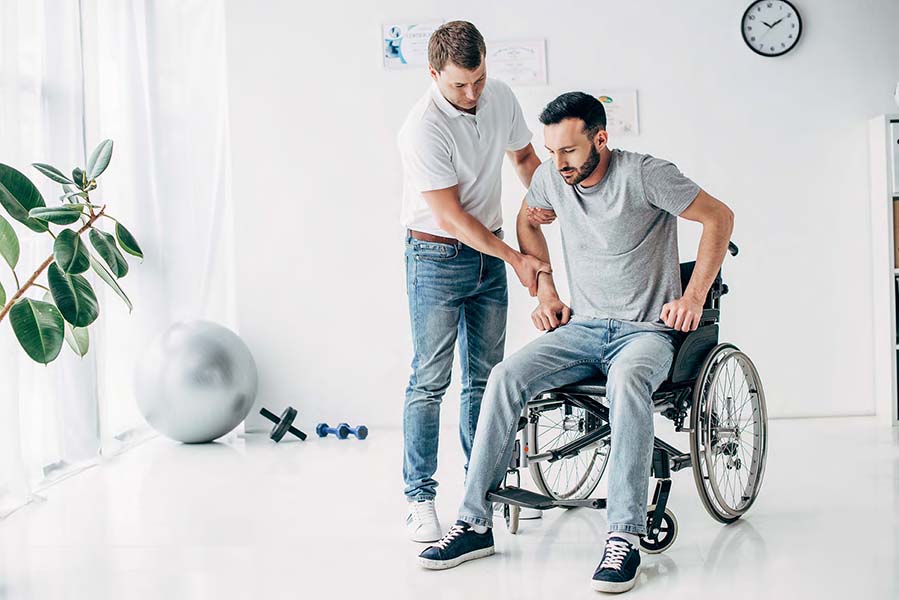Allied Health Professions
26 Aug 2020 |
| Share with

Allied Health Professions (AHPs) are essential members of the multidisciplinary healthcare team and play a pivotal role in the health and well-being of patient care. For us, at ProMedical, a team approach is vital for quality healthcare, and so we understand the multidisciplinary approach in all health and social care settings.
What is Allied Health?
Allied Health is a term that refers to a wide range of healthcare professionals who are not nurses, doctors, or dentists. AHPs work in a vast array of acute and community services but are especially prominent in aged care, chronic illnesses, disability, mental health services, sports, rehabilitation, among other areas.
Most Allied Health Professionals are degree level qualified professionals, and all are regulated professionally. AHPs care equates to the third-largest workforce in the NHS. Roles are both diverse and rewarding, allowing for the assessment, treatment, diagnosis, and discharge of patients in health and social care settings. They work within a large healthcare team and provide holistic patient-centred care always working in the best interest of the patients. They work throughout the lifespan from birth to end of life care, managing patient care along the life journey.
There are 14 occupations in the AHPs in the UK, including:
- Dietitians
- Speech and Language Therapists
- Music therapists
- Art Therapists
- Drama therapists
- Osteopaths
- Paramedics
- Physiotherapists
- Podiatrists
- Prosthetists
- Orthotists
- Occupational Therapists
- Diagnostic Radiographers
- Therapeutic Radiographers
Where do AHPs work?
AHPs work in various settings, including:
- Hospitals
- Community care units
- Independent charities and schools
- Disability care
- Mental Health careAHPs work in health promotion, treatment of accidents, illnesses and conditions, and rehabilitation by the promotion of independence and recovery. They liaise and work with doctors, specialists, nurses and of course, patients and their families.
Are AHPs registered under a governing body?
Yes, AHPs have professional titles that are legally realised and accepted by NHS England. Each profession will need to be registered with the regulatory body- the Health and Care Professions Council. Osteopaths are regulated by the General Osteopathic Council (GOC).
How integral are AHPs to the Healthcare System?
The Interim NHS People Plan, to support the NHS Long Term Plan, claims AHPs are vital assets in addressing the ongoing demands which the NHS face, describing AHPs as person-centred and evidence-based clinical leaders and practitioners.1
AHPs provide an essential service without which healthcare in the UK would be insufficiently serviced.
If you are qualified in the Allied Health Profession or working in healthcare, why not take a look on our website here.
More information can be found at
https://www.england.nhs.uk/ahp/about/
References

26 Aug 2020 | Leave a comment
Share with socials